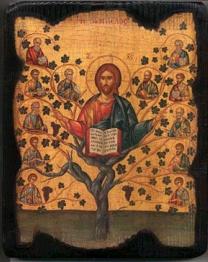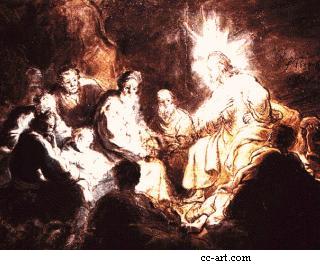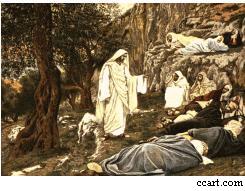I commend the November-December issue of the Mandate.
The first article suggests two prayers for those who have troops in combat, and a comparison of the 1928 BCP and the revised "Prayer Book" of 1979. I'll place these prayers on our Order's Prayer page directly.
The second article Onward, Christian Soldiers by the Rev. Dr. Tarsitano, is a good one. He writes:
For orthodox Christians, then, peace is not an achievable
human goal, but a divine gift of grace, to be perfected at the
Second Coming, when all the distractions of sin (and the
human weakness that gives them power over us) will be done
away (cf. Romans 8). Under such a definition, moreover, “an
absence of war” is not necessarily peace at all. A failure by
nations to fight when the weak and the helpless are harmed is actually war against God, who is Justice, Mercy, and Love.
and a little later
A Christian soldier, then, is a subordinate minister of God,
deriving his authority to make war from the divine
appointment of his superiors. In terms of his derived authority
to act, he is little different from the Christian priest. The
members of the ministerial priesthood receive their authority
to minister to the spiritual needs of God’s people from God the
Father, through Jesus Christ, by the grace of the Holy Ghost,
and at the hands of their superiors in the ministry. The
Christian soldier receives his authority to bear arms in a just
cause from God the Father, through Jesus Christ, by the grace
of the Holy Ghost, and by the appointment of those earthly
governors that God has made his ministers for the restraint
of evil.
___________ Aside______________________
In visiting a sermon site today I found that Dr. Tarsitano died in January 2005. However, one can still find his sermons through the St. Andrew's Church, Savanah. His sermons match the collects and lessons we use in the Order. We have a link on our site.
By the way, concerning the Sunday collects, The Right Rev Dr. Anthony Sparrow, writing in 1672, had this to say about most of the collects we use:
for we find by ancient testimony that they were composed or ordered, either by S. Ambrose, Gelasius, or Gregory the Great, those holy Bishops and Fathers of the Church
(thanks PV)
One of our centurions has an excellent resource on the history of the collects which I hope to use in the future for our reflection each Sunday... and as they were intended... throughout the week.
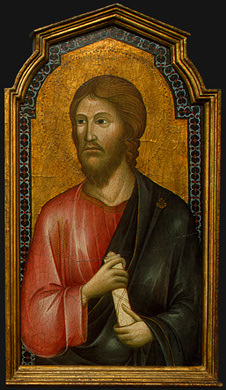
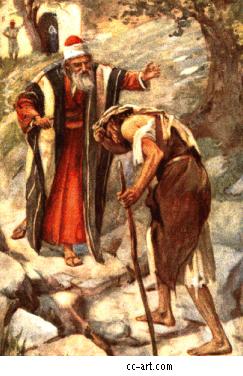
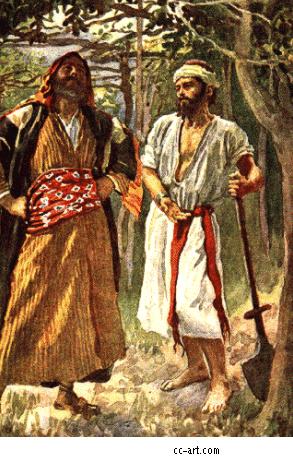


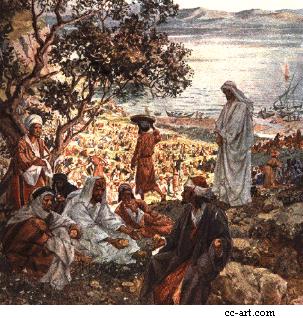

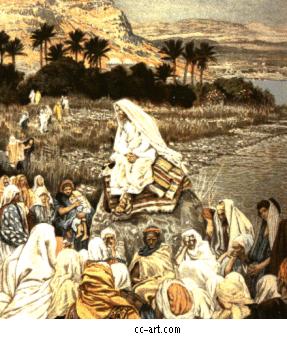

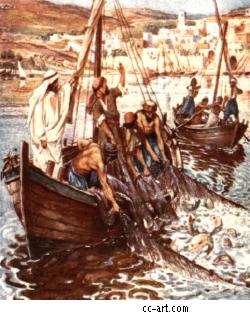
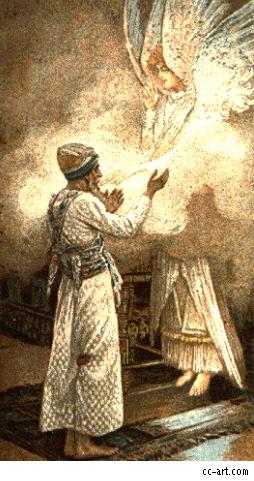
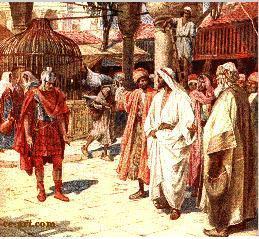
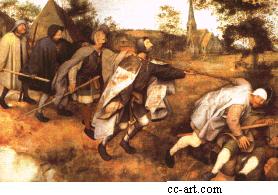
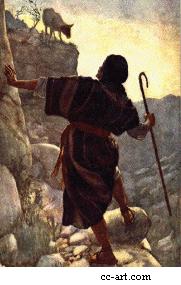
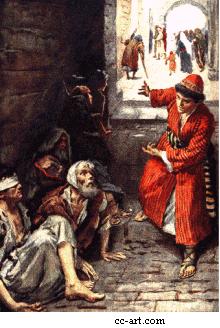
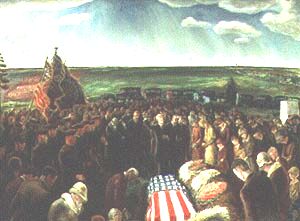
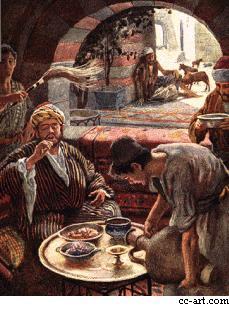
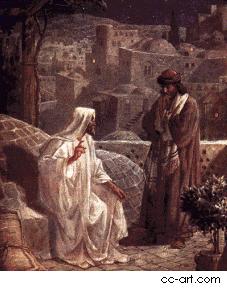
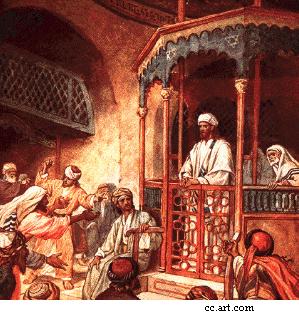
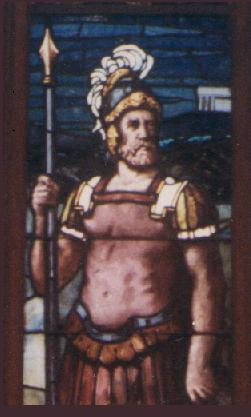


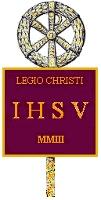 MARK CARROLL
MARK CARROLL 
